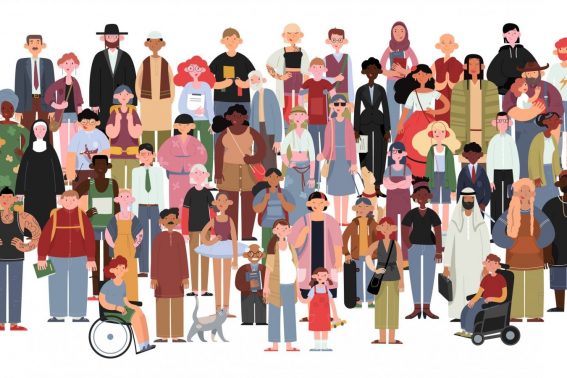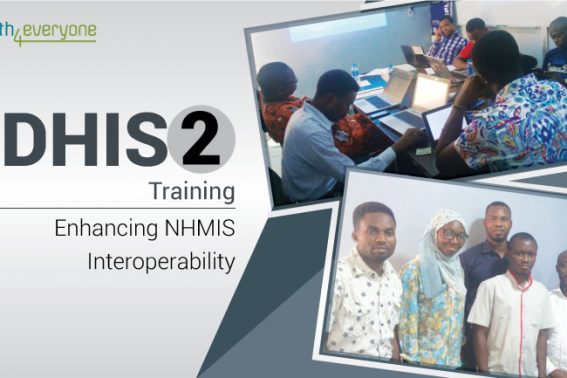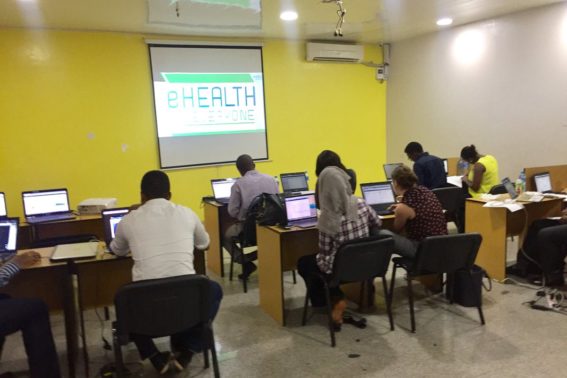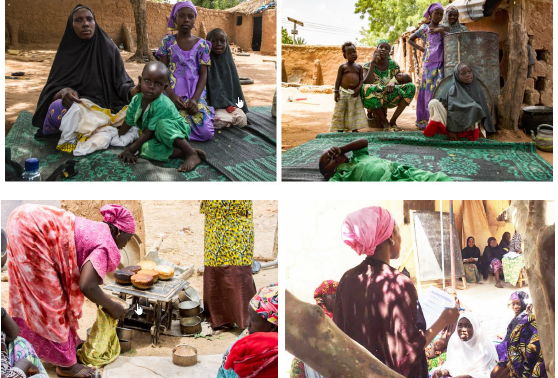Equity in health addresses the differences in health status that are unnecessary, avoidable, and unfair. This also means understanding and influencing, not only the way society allocates health resources, but the power relations involved. (Loewenson and International development research center, 2011). Health inequity can be observed in most African countries in areas like: declining life[...]
As more countries adopt national-level data-warehouses based on the DHIS2, the need for ensuring robust architectures integrating multiple health information systems has been emphasized. Countries can only achieve national-level data integration by ensuring interoperability between the plethora of ehealth and mhealth software being developed. In Nigeria, as an example, the Federal Ministry of Health (FMoH)[...]
There are several challenges that exist with the monitoring and evaluation system employed in Nigeria. Data reporting is inadequate, and data quality is poor, making quality data needed to make impactful decisions scarce. DHIS2 helps solve these monitoring and evaluation challenges with its data validation feature, easy accessibility, offline deployment feature and ease of use[...]
About Pact and the SAQIP Project For more than a decade, Pact has been promoting democracy and improving health in Nigeria, the most populous African nation. With funding partners that include Chevron and the Bill & Melinda Gates Foundation, Pact is using local solutions and building the capacity of Nigerian organizations to create a lasting impact.[...]






